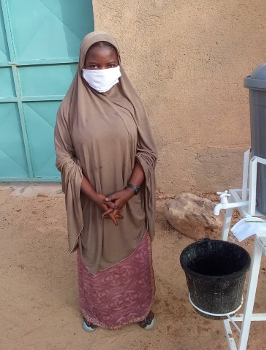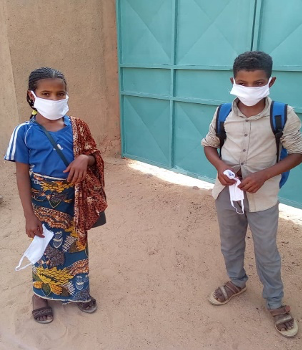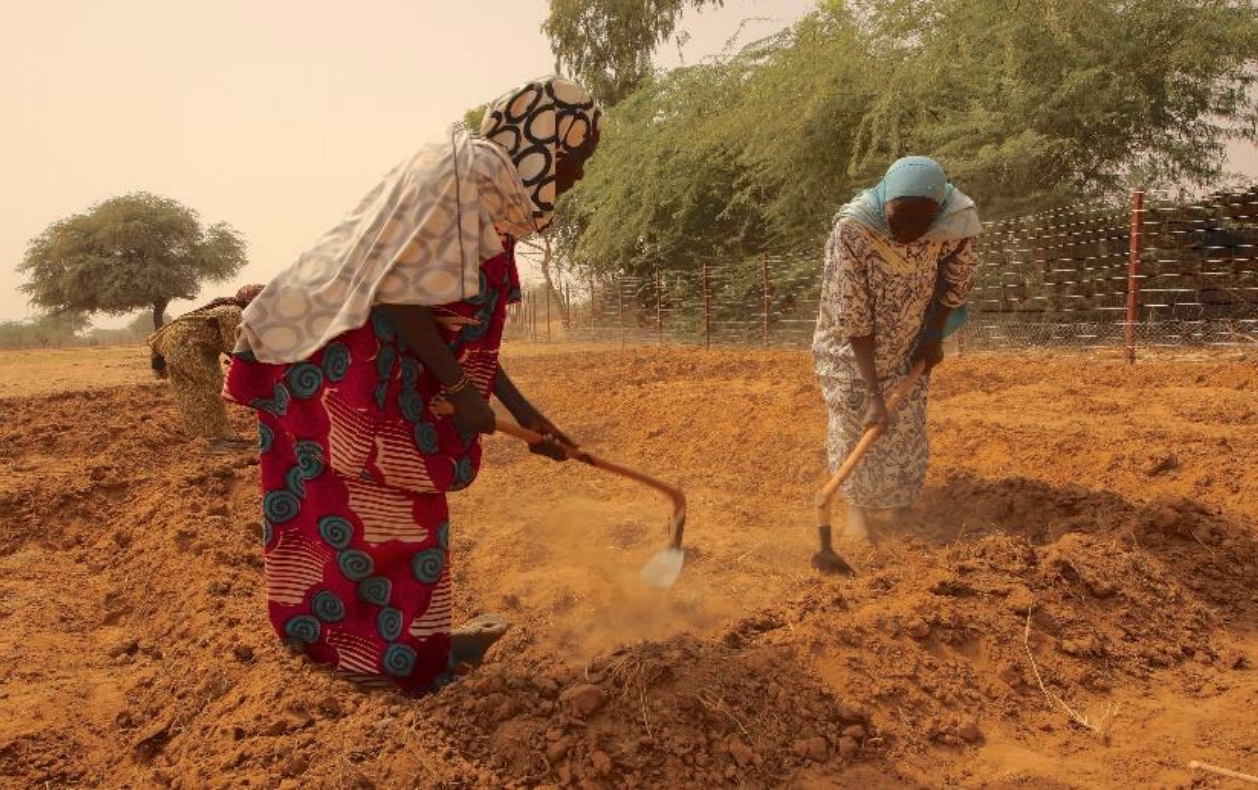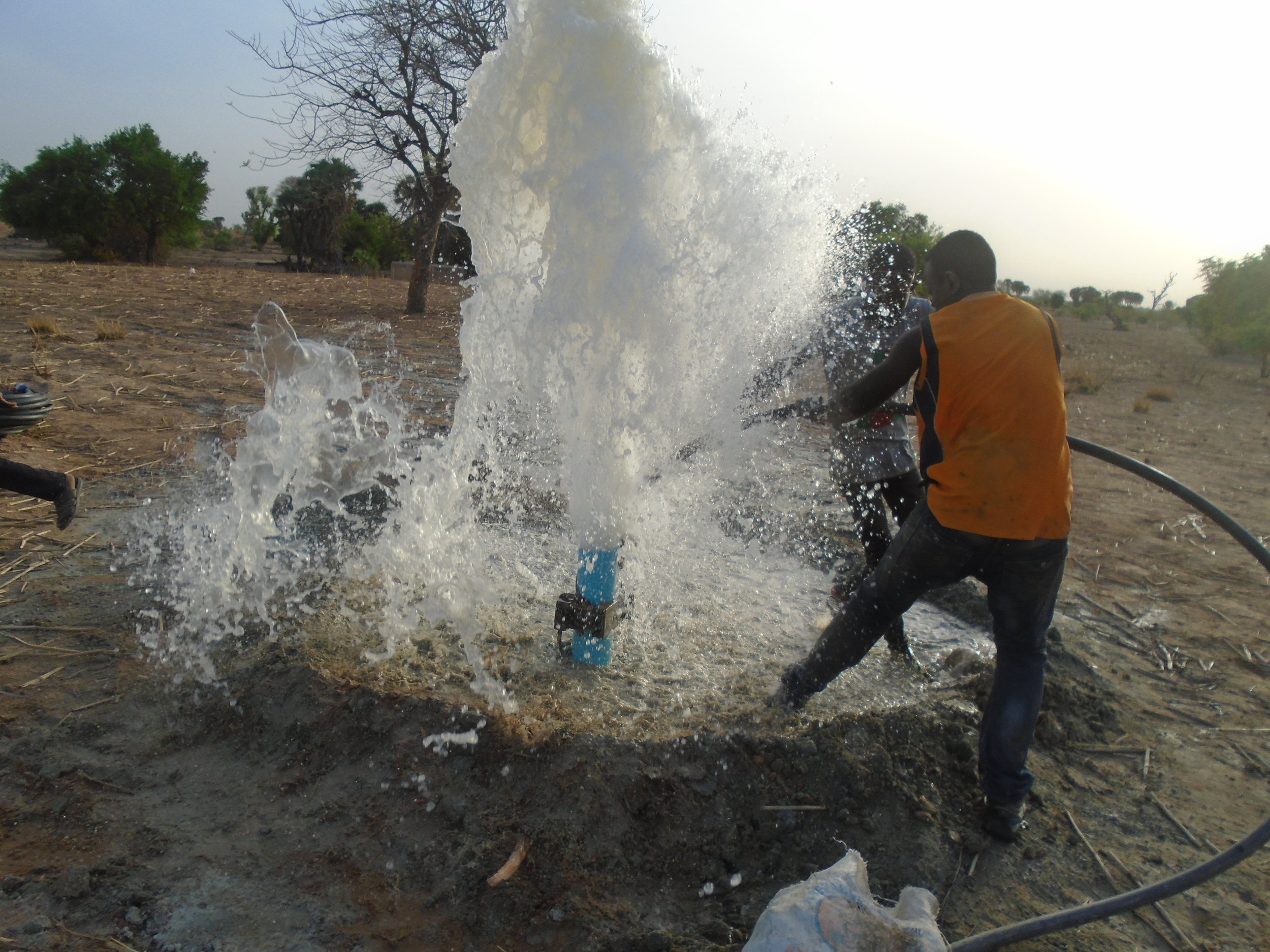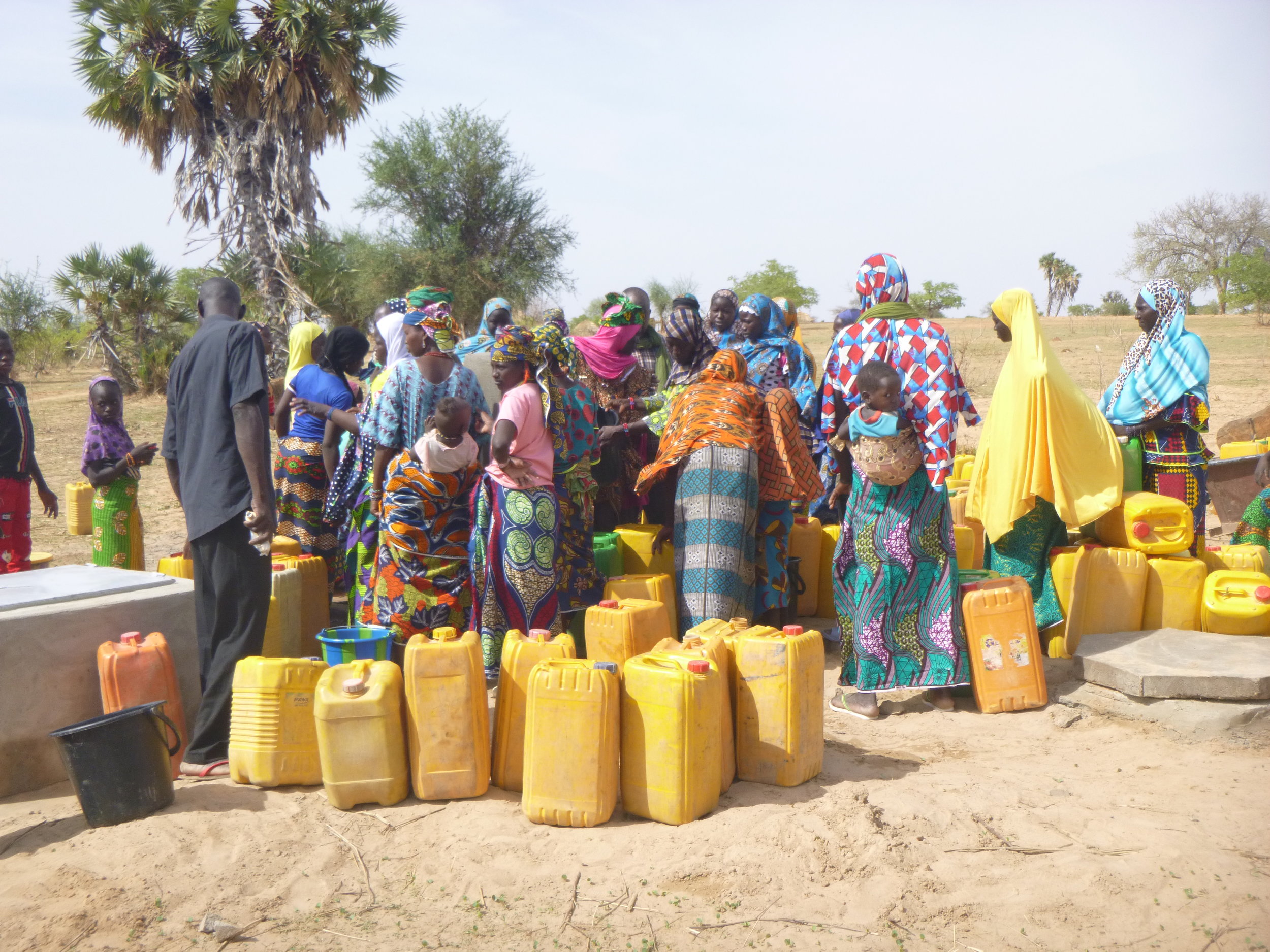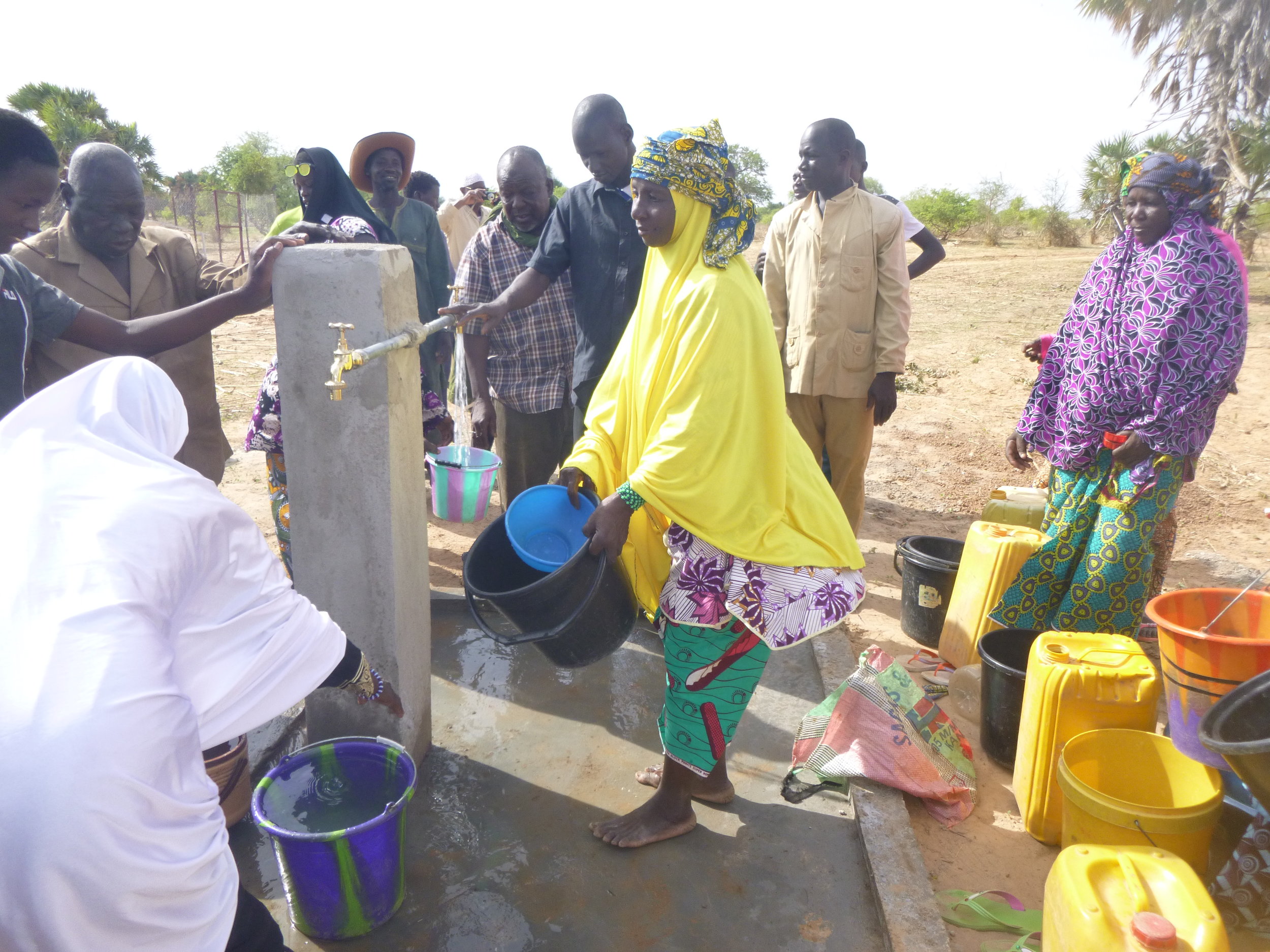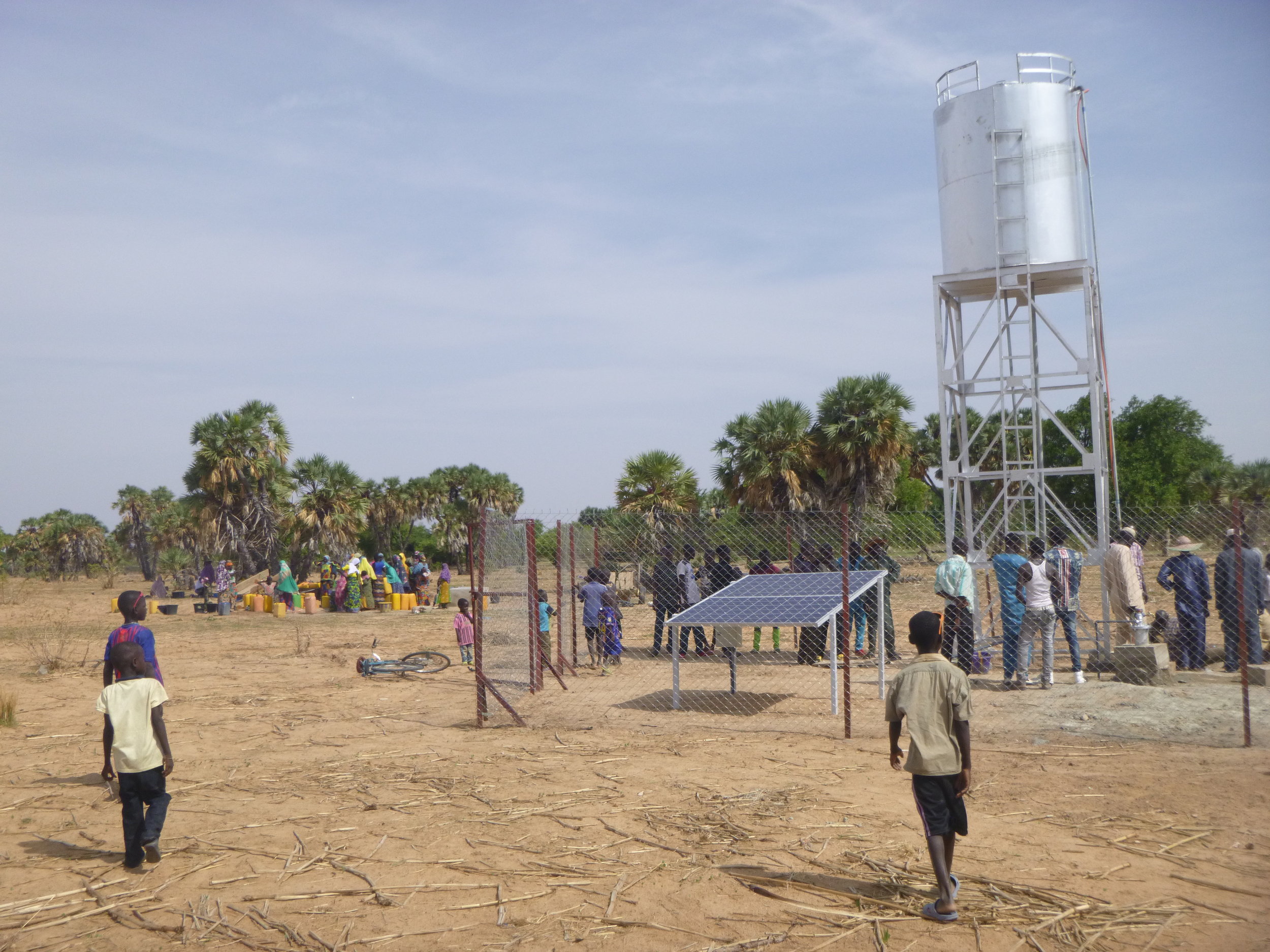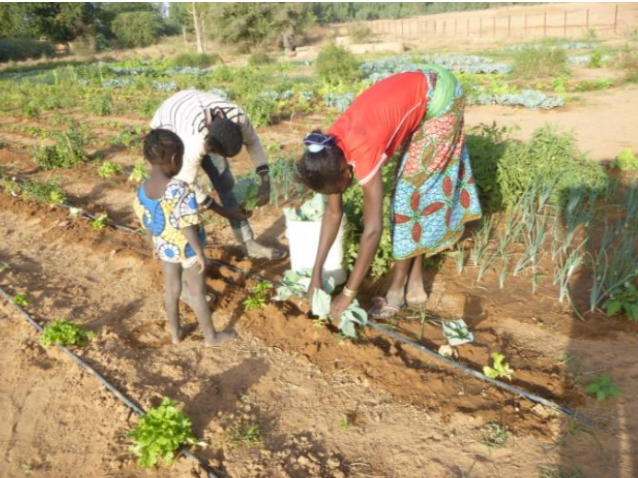Niger
Niger declared a national state of emergency due to the COVID-19 pandemic on March 27. The measure was extended for another three months starting July 12.
Challenges and Concerns
The following is excerpted from a summary report by Katherine Kolios, Executive Director of Rain for the Sahel and Sahara.
This has been an especially challenging period in Niger. The country had its first case of coronavirus in late March and the government reacted swiftly - they shut the borders, limited transit within the country, closed schools from Kindergarten through University, and asked people to remain home if possible. The government's reaction was necessary - Niger simply doesn't have the medical infrastructure to deal with a widespread outbreak. Unfortunately, as we've seen in many other countries, the impact of the virus goes well beyond the virus itself. Closing borders and limiting transportation made it harder to access basic necessities. As stockpiles dwindled, prices soared. RAIN's partner communities - poor, remote villages - are some of the hardest hit.
In April, David Beasley, the head of the World Food Program, announced that we could expect to see famines of "biblical proportions" across the globe. This is what our partner communities feared - not coronavirus, but starvation. In this way, COVID reiterated the importance of communities being able to meet their basic needs locally. Rural and nomadic communities without access to safe water are at significant risk if the coronavirus or another disease infiltrates the population. They are also most vulnerable to price fluctuations as they have limited access to markets and goods. Now, more than ever, our partner communities need support – and Rockflower stepped in to help.
Adaptation Measures
RAIN’s Field Team, led by Director of Programs Boube Aw, was committed to standing by our partners, especially during these challenging times. The team applied for special dispensation to travel and pivoted from running education and livelihood programs to delivering emergency aid and training.
In recent weeks, RAIN’s staff:
Distributed over 40 cartons of soap – over 1,000 extra-large bars of soap. Soap was given to 101 women mentors in the Agadez region of Niger in the villages of Aouderas, Batarmatas, Tinteloust, Etaghas, Eferouane Nord and Soulefet. In turn, these women coordinated distribution to students and families across all 6 villages.
Established 5 washing stations to serve local middle school students and to decrease their risk of virus transmission as they return to school.
Delivered awareness building & training seminars on the transmission of COVID-19 - encouraging people to follow the five steps outlined by Niger’s Department of Health (wear a mask, cough or sneeze into your elbow, avoid shaking hands, wash your hands with soap, & remain at home or, if out, retain at least one meter of distance from others).
Emergency Fund
In June, Hassana Alidou, the Former Ambassador from Niger to the United States and Canada spoke about how, in these rural communities, ceasing programs to limit the spread of coronavirus posed a greater risk than the virus itself. With Rockflower’s support, we were able to help supply the resources for our partner communities to continue programming but also to do so safely.
“We believe in the power of these entrepreneurial women, these curious children, and these committed families to build their own futures – but we also know how hard that is to do without support. They are grateful and we are grateful to Rockflower for pitching in to ensure that these basic vital needs are met so that education and opportunity do not need to be put on hold for COVID.”

